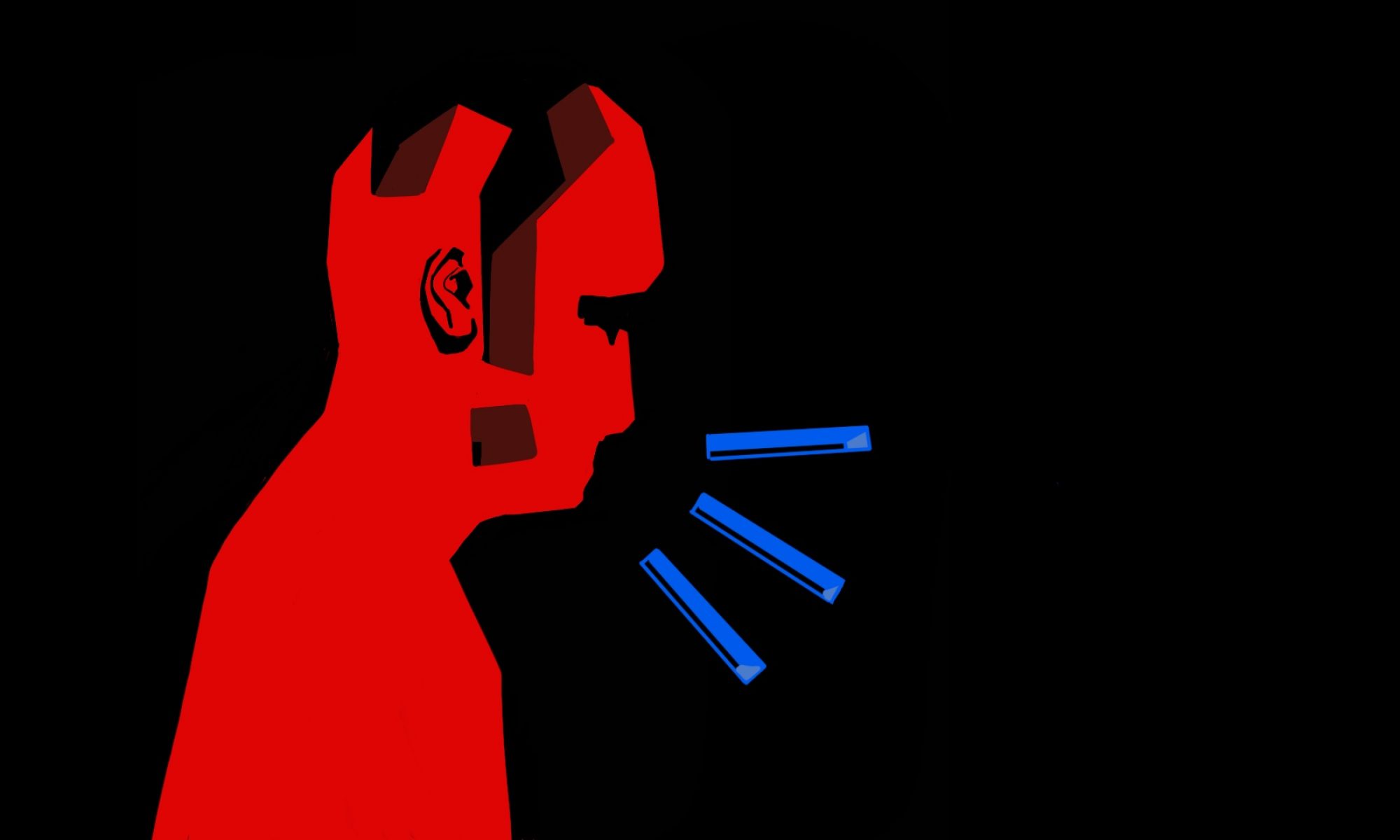Tom discusses his recent experiences and thoughts about Facebook and other social networking apps and ponders how social the social network really is.
Modern communications confuse me. This social networking thing confuses me more. For years I was very cautious of including any personal details on the internet, but a few years ago I gave up and entered the Facebook and Twitter-spheres.
Although I have found some positives of using these mediums of communication I have also found that they carry with them a burden and a loneliness that isn’t easy to describe. Facebook is a medium that demands attention. The way it highlights who has ‘liked’ or ‘commented’ on your posts creates a tally that carries faux social-kudos. Studies have shown that there is an addictive characteristic to this type of social networking and that people start to crave this type of attention. That might be the case, but this type of interaction seems like a very pale shade of what it is like to interact face to face.
Last year I decided that I was just too busy to waste time looking at Facebook and I was in the process of taking all of my photos and posts down, so I could shut down my account. That was until the divorce began. I then started to rely on Facebook to maintain communication with friends. It started acting like a surrogate relationship, but Facebook isn’t a real relationship, is it?
My friends have told me how it is useful to see photos of myself to help rebuild self-esteem, so I quickly uploaded all of my photos again. So here I am, back where I started with Facebook and it still feels hollow. My feed is populated by friends uploading holiday photos, smiling faces, drunken good times or people expressing hurt and loss and crying out for attention. I find it a very strange forum to discuss things, but like everyone else I stay with it because what is the alternative (and I don’t mean what is the next social network, I actually mean: How else can you stay in touch with people these days)?
I have noticed that people’s real personalities and their internet personalities can be quite different. You can meet someone that seems quite confident and chatty in real life and when you make friends with them on Facebook you discover that they continuously post strange needy posts. Comments below these posts including ‘hope you are okay’ or ‘PM me’. These posts often never have a conclusion or explanation, like a story with no ending, so you just feel confused. I don’t think anything represents the loneliness of the modern world better than Facebook.
You can make friends with people you have known for years and reacquaint yourselves with what they have been up to since you last met, but there often comes a point when you feel that you should probably bring the discussion to a close, or look like you are becoming some strange internet obsessive (it is probably unfair to generalise here, that is probably just me). Any subsequent contact with these friends then resorts back to the default of ‘liking’ other peoples Memes and images. Although I was late into the Facebook fad, I have watched a lot of the more tailored, personal posts slowly be replaced with the sharing of feel good Memes and heart felt words written by strangers. I find this fascinating. It is almost as if people feel more comfortable expressing their emotions if they can create personal distance from those feelings.
Then there are those moments when you don’t really want to broadcast your emotions across the social network. What do you do then? Private messaging, I suppose. I admit that I also find direct messaging or private messaging confusing. All of my friends have different preferences. Some of my friends use the Facebook Private Messenger App; others like emails (my preference); others like text messaging from a mobile phone; some use Apple’s ‘iMessager’; and I was recently introduced to ‘What’s App’. Very few actually want to talk on a phone anymore. It is quite common for me to not get any response from my friends when I use these forms of communication and I start to wonder whether the message ever made it to the recipient. I then start to wonder whether I have forgotten that particular person’s communication preference.
I suppose the reality is that these messages haven’t been lost, they are just being sent to people who are just as busy as me. I do it too. There are messages I don’t read (which normally involves passages of text as long as this blog).
It is a shame to think that this is where we are in modern life. We are left tapping at keyboards and mobile phone screens and posting out things to no avail with no audience and no contact. We have statistics instead of friends.
On the other side of the virtual/physical divide someone might have been looking at you, thinking that you were attractive or interesting, but you were too busy on your phone or iPad to notice. Is there any more complete form of isolation than this?
So how do we resolve isolation within the social network? Maybe I should go and meet up with all the people I like on Facebook in reality? That sounds like a good idea, or maybe I will just carry on writing blogs about how social networks do not reflect normal social interaction.
Only time will tell, but I suppose most will never know what I do because they never clicked on this post or they stopped reading after the first paragraph.





